Castrol India fourth quarter net up 7% at Rs. 126.2 crore
Castrol India Limited today announced its fourth quarter results for the period October – December 2013. The company delivered improved performance with Profit After Tax growing by 7% at Rs.126.2 crores as against Rs.117.9 crores during the same period in the previous year.
For the year ended January – December 2013, Profit After Tax is up by 13.7% to Rs.508.6 crores as against Rs. 447.4 crores during the same period in the previous year.
The Board of Directors of the company, have at their meeting held on 17 February 2014, recommended subject to the approval of the shareholders of the company, a Final Dividend of Rs. 3.50 per share for the year ended 31 December 2013 (2012: Final Dividend Rs.3.50 per share). In addition, an Interim Dividend of Rs.3.50 per share (2012: Interim Dividend Rs.7.00 per share) was paid on 22 August 2013, both dividends aggregating to Rs. 7.00 per share (2012: Rs. 10.50 per share). The Final Dividend would be paid to those shareholders whose names appear in the Register of Members at the close of business hours on 5 May 2014 and would be payable on 3 June 2014.
Pursuant to the scheme of reduction of share capital under Sections 100 to 105 of The Companies Act, 1956 as approved by the shareholders and Hon’ble High Court of Bombay, the company will reduce the fully paid-up face value of equity shares from Rs.10/- per share to Rs. 5/- per share. Consequently, the company will pay Rs. 5/- per share to the shareholders whose names appear in the Register of Members at the close of business hours on 3 March 2014.
Commenting on the full year results, Ravi Kirpalani – Managing Director, Castrol India Limited, said: “Despite the challenging economic environment, Castrol India recorded higher Profit After Tax for the full year 2013, through improved gross margin and effective cost management.”
Kirpalani added: “The weak macro-economic environment, depreciating rupee, persistent high inflation, rising fuel prices and high interest rates, have impacted both demand and costs. New vehicles sales, except two-wheelers and tractors, registered a double digit decline - the worst performance in over a decade. Slowdown in infrastructure, building and construction segments, coupled with flat to declining Industrial production further impacted demand. Despite these challenges, the company delivered strong underlying profit growth, driven largely by our personal mobility business which includes passenger car and two-wheeler oils. The micro-marketing approach in passenger cars and the use of digital and social media were strong enablers in these segments. This was complemented by strong growth in our distribution network.”
Kirpalani continued: “The Industrial business faced an even tougher environment with circa 20% demand shrinkage in the core manufacturing sector. Despite this, volumes were higher than last year, driven mainly through new customer acquisition, delivering enhanced value and production cost efficiencies.”
Castrol India continues its focus on delivering pioneering technology and during the year, the company launched Castrol RX Super Max Fuel Saver in collaboration with one of its key partners - Tata Motors. Castrol RX Super Max Fuel Saver is designed to increase the fuel efficiency of Tata trucks by 1.5% (over SAE 15W 40 engine oil of similar performance credentials) and save substantial amounts of diesel as well as operating costs. The company also launched Castrol Magnatec diesel – an engine oil specially formulated for diesel engine cars.
With its strong focus on customer service, the company’s Silvassa Plant applied for and received TS16949 certification during the year under review. Besides focusing on quality management, this certification drives the way an organization responds and caters to customer needs.


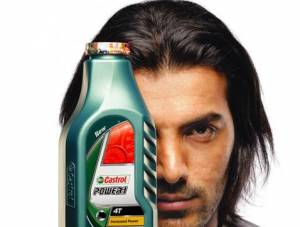

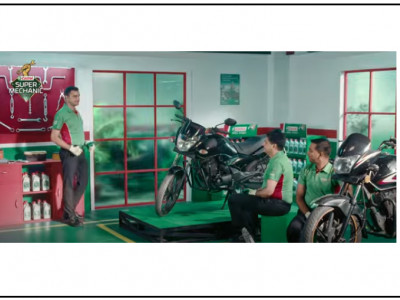


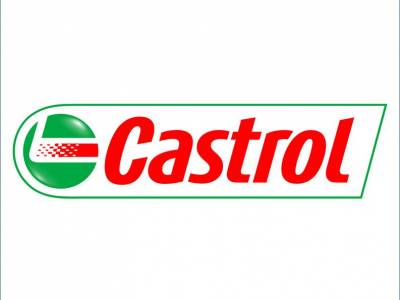
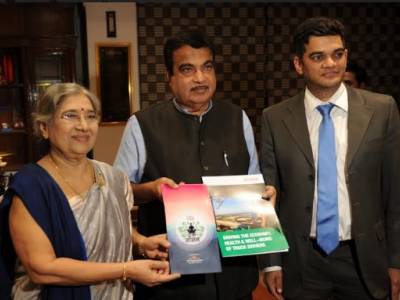


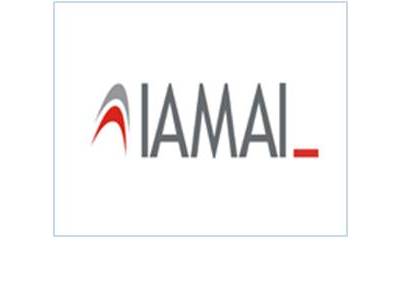


Share
Facebook
YouTube
Tweet
Twitter
LinkedIn